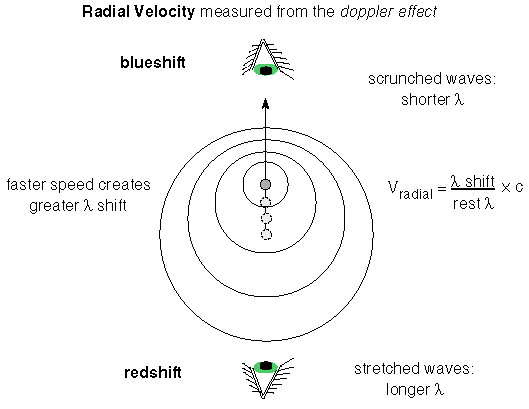B
Blue-Lightning
Guest
Hey all,
I just wanted to take a survey of readers and find out what most of you think about the age of the universe. I also would appreciate it if Barbarian could weigh in on how old he feels the universe is, why he calculates it at that age, and how it is coherent with the Genesis account.
Perhaps this will get the board going...
BL
I just wanted to take a survey of readers and find out what most of you think about the age of the universe. I also would appreciate it if Barbarian could weigh in on how old he feels the universe is, why he calculates it at that age, and how it is coherent with the Genesis account.
Perhaps this will get the board going...
BL

 :
: 